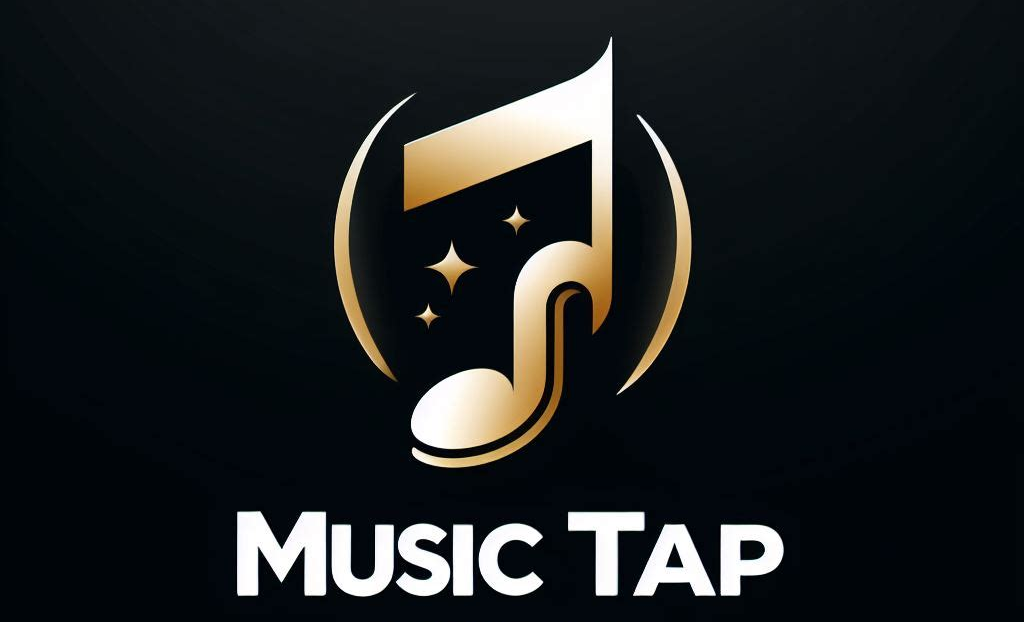Far be it for me to defend the zombie juggernaut known as Weezer. At their best, the group is one of the most potent power pop monsters of the last three (really, it’s been three?) decades, going hard out of the gate with “Blue Album” in 1993.
At their worst, the band can be deeply cynical, seemingly cheering with and sneering at their fans at the same time, as the stretch between 2002’s Maladroit and 2010’s Hurley seems to reveal. There’s a sense that the brain trust of the group has determined, “They’ll eat anything we dish out,” and acts accordingly.
However, I have been impressed with the most recent run, kicking off with Everything Will Be Alright In The End (2014), and while it hasn’t all been smooth sailing, at least the prevailing feeling of active disdain for their customers is not nearly as dominant.
So…what to make of the “Teal Album,” which some critics have dismissed as the height of middle-finger arrogance to those long-suffering Weezerlings? Their primary argument – of which it is hard to dispute – is that this covers album is so devoid of a personal touch, that the songs are so slavishly duplicative of the originals, that it is back to “They’ll eat anything we dish out.”
If you feel that way, there isn’t a positive review in this world that could change your mind. This would be a deeply felt slight, and I feel like that is where I should have been with this record, but I’m not.
From the very basics, if you are incensed that Weezer made a covers record but weren’t when Foo Fighters put out a covers compilation or when Cat Power did it (although she radically transformed the songs she tackled), then you are judging from very different sets of criteria, and maybe that isn’t fair. The covers album is slowly becoming a career standby, as trustworthy as a greatest hits package or a live record. Also, in case you haven’t noticed pop culture lately, covers have (frustratingly) moved into the dominant position of listener interest, well beyond original compositions. Is it any wonder why Fox’s TV show The Masked Singer and ABC’s revived American Idol seem to have more than relevance in this day and age?
What it comes down to, I suppose, is whether Weezer projects any sort of affinity for these songs or, as my friends across the pond would say, are just taking the piss out of them. I honestly think it’s the former.
Set aside the cover of Toto’s “Africa,” which was fueled by, essentially, a meme, a joke. Like the song or not, “Africa” has attained that sense of goofy omnipresence reserved for other songs of smirking irony like “Don’t Stop Believin'” or “Never Gonna Give You Up.” The rest of the record seems sincerely curated, from “Everybody Wants To Rule The World” and “Take On Me” to the out-of-teal-decade “Paranoid” (Black Sabbath, 1970s), “Happy Together,” and “Stand By Me” (The Turtles and Ben E. King, respectively, 1960s). The band’s take on TLC’s “No Scrubs,” which arrived in 1999 and further dilutes1980’s favorite shade of blue as this record’s unifying theme, is not a sham. They very well could have tweaked the song to shove in a wink and a nod, alerting listeners, “Hey, aren’t we silly,” but they do not. This version stands up, for some reason.
Respect for the original musicians and songwriters is one thing, but is that enough to merit a purchase? Probably not. This is a clear example of the thing that Weezer are expert at that critics loathe: they can read the market and can spin the marketing. The main reason why “Teal Album” exists as an album is because the band has a contract with the Atlantic Records label. Without that, these would be what they truly are: curiosities, likely spooned out to the public on streaming services without any real intent to be an exegesis on a time period of music. In this, I feel like the band would have remade these songs either way – because they appreciated them somehow – it’s just that they have that business relationship, and this physical manifestation is a side effect of it.
“Teal Album” is a nicer representation of what labels like Pickwick used to do in the ’60s and ’70s did by recording faceless studio bands doing, say, Elton John’s hits in hopes that a hapless consumer would see the drastically lower price tag and buy that instead of Goodbye Yellow Brick Road. Maybe they would not be too offended once they heard what they actually got. (Doubtful.) There’s nothing new about covers collections, only that they are embraced by more name-recognized stars than they used to be.
The record is junk food, no question, but every now and then, one feels the urge for a candy bar or a double-decker cheeseburger. If you go into “Teal Album” knowing that there’s no real nutritional value to it, you’ll likely enjoy the meal.
